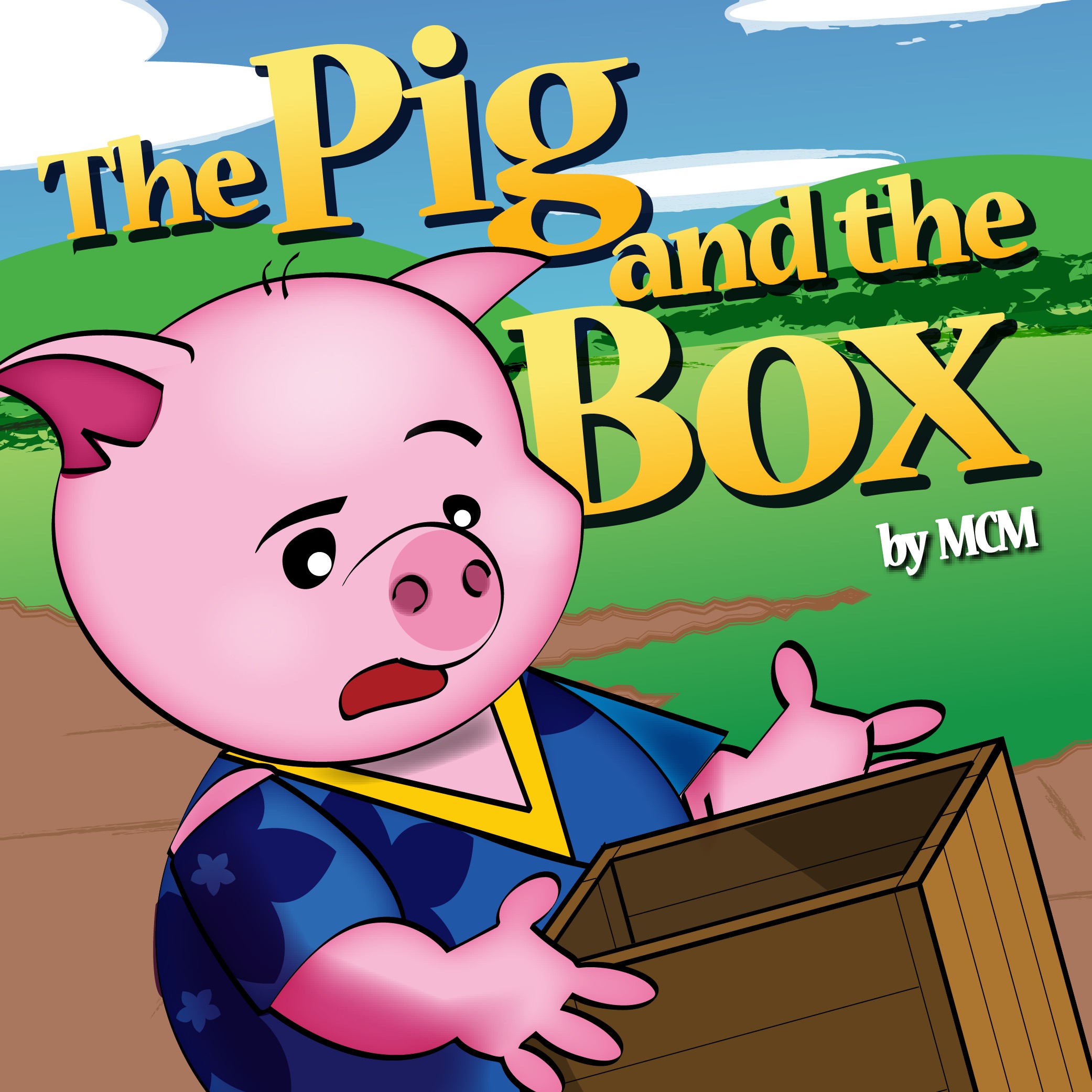Creative Commons: NC or not to NC
One of the most common questions I get asked about my work is why I largely choose the Creative Commons Attribution Non-commercial Share-Alike license over the more liberal, plain Attribution Share-Alike one. All books published by 1889 Books will be going the CC-NC-SA route, but I occasionally get emails from people who think I'm not fully committed to the ideals of open culture if I opt for the NC tag. It's a difficult question, and it's taken me the better part of two years to really feel comfortable with my decision.
First, a fact: according to recent stats, about 2/3 of CC-licensed works opt to be non-commercial. I think a big part of that is the artists' aversion to devaluing their work by saying it has no commercial value. Or if it does have value, that they can afford to part with it anyway. If you ask me to look at the issue on a purely emotional level, there's something about "Allow commercial uses of your work?" that makes me shiver. I'm guessing it does the same for a great many other people.

But I am trying to separate my emotional state from my thinking one (such as it is). When I first released the "The Pig and the Box" two years ago, I took a lot of heat for not allowing full and free access to the content, with people questioning my values on the subject. I take the concept of free culture very seriously*, so I reviewed my motives and decided it was actually in my best interest to ditch the NC clause. So I did. And I felt much better about myself. People could do whatever they wanted with my book, so long as they credited me.
But really, nothing changed. Those that wanted to re-use my work in other media still wrote to ask permission; people that wanted to print copies for friends still wanted to make sure it was okay. The book was used in a fundraiser in England, but not until I gave my blessing. In each instance, I was amused that, despite the clear license text in the PDFs and print versions, everyone wanted to run their projects past me first. A strange predisposition to common courtesy was foiling the purpose of the license, but it was more funny than anything. I was still earning some money from the sales of the book (plus scattered donations), and was by no means adversely impacted by the decision to drop NC.
However, you can't judge anything by one data point, so I decided to try other books with the NC tag back in place. I wanted to see what the difference would be if people knew they couldn't reproduce the stories for profit. Would there be any difference at all? Could it be that there were people doing massive print runs of the Pig book and earning big bucks from it, and just not telling me? (which was fully within their rights, I might add). Would adding NC change anything?
No. Nothing changed. Granted, the newer books weren't nearly as popular as the Pig book was**, but even still, I still got the same volume of requests to reprint or reproduce the new ones as I had before. All the emails were similarly friendly, and I was starting to think the whole idea of NC was a wasted effort... all things being equal, you get the same mileage one way or another. Why put the NC restriction on the thing if everyone you meet is too considerate to try and rip you off?
But then it happened. A few months ago, I received an email from an anonymous source at a small print-on-demand firm in the USA. This guy (who I will name Pete) was assembling a print run for a client, when he noticed it looked a lot like "Archimedes' Fish", which he'd read on my site. In fact, it WAS my book, page-for-page, minus the license, which had been replaced with standard copyright mumbo-jumbo. They were doing up 500 copies, and it was Pete's opinion that nobody did that many books for non-commercial purposes. He wanted to know if I had signed off on it before he proceeded.
After some coordination, I managed to chat with the client in question, who claimed my CC license gave him clearance to reproduce the book without asking permission. I tried to work towards common ground where he could still proceed with his print run and everyone would be happy, but it became apparent he wasn't a very happy person to begin with. So I had to put my foot down. He was barred from continuing, and I felt pretty crappy for a while. I don't like being cranky.
In the end, I decided to keep the NC restriction on my books, because while it was MOSTLY useless, it wasn't ENTIRELY useless. I'm not afraid of a big media company stealing my work (they're paranoid about rights... they wouldn't want to take the risk), but the smaller players... they scare me. Chances are, they can fly under my radar 99% of the time, and I'd never know if someone out there is reading a copy of "Panda Apples" credited to someone else, paid to someone I don't know. But the important thing is: if I find someone trying to "rip me off", I can stop them. Without the NC clause, my options are limited***.
I said "rip me off" above, but in the end it's less about the control and more about the etiquette. I may be spoiled after two years of polite requests by email, but I would expect that if you want to use my work in a commercial setting, you're going to ask me first. It may be unreasonable, but it's what I've come to expect. It's fun seeing where my ideas end up.
Deciding on NC hasn't been easy for me, but I think it's the best choice. I don't think it'll crimp anyone's style.
I hope not, anyway.
* My free culture cred: I've been using CC licenses since they were first introduced, originally testing them out for my old show, "Dustrunners", which has all its guts CC-licensed so anyone can take them and create their own productions with what we made back in 2001. I've been a big "free" fan for a long, long time.
* The argument could be made that my other books weren't as popular as the Pig book because they had the NC restriction, but I tend to think it's because they didn't hit on impassioned themes like DRM. And weren't featured on Boing Boing :)
* I also could have stopped "Archimedes' Fish" from being printed that time because they were removing the license and not giving me proper credit.
